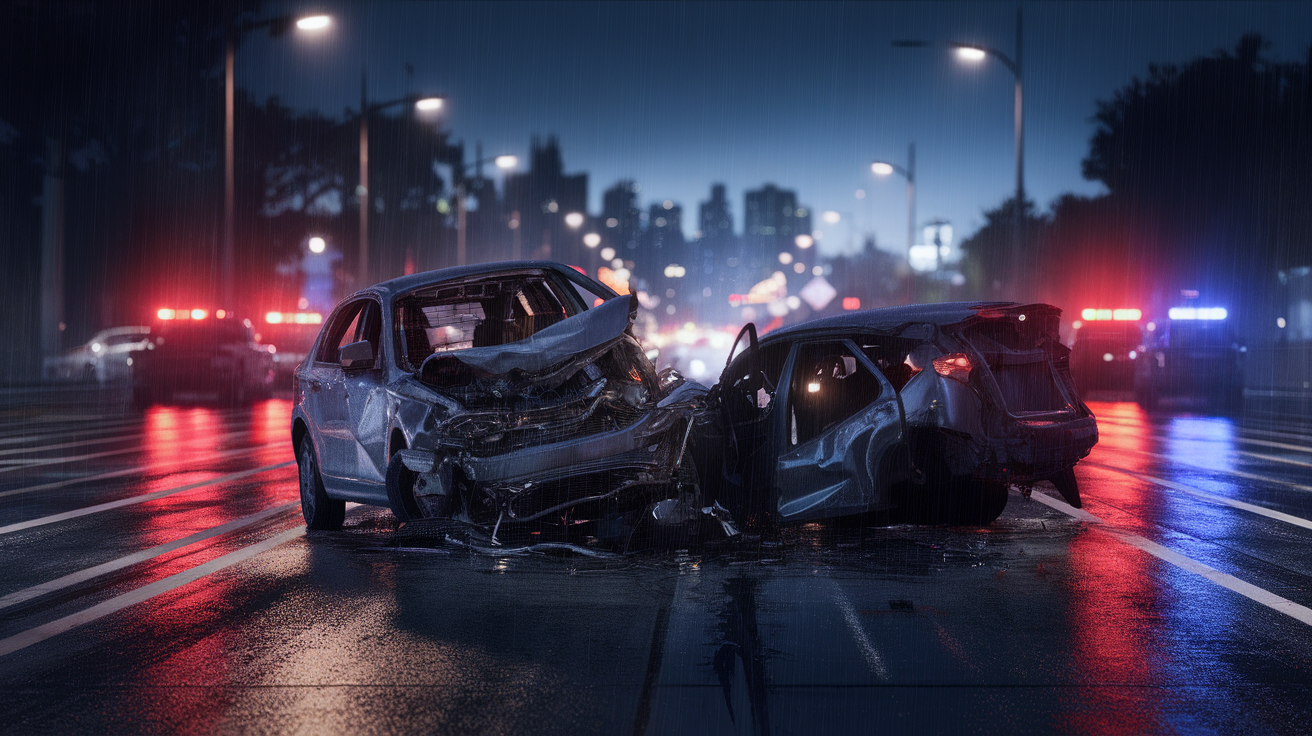In the bustling city of Austin, Texas, a quiet Monday night turned into a nightmare on September 1, 2025.
Picture this: the sun has set, and the eastbound lanes of East Ben White Boulevard are humming with evening traffic.
Suddenly, two cars collide in a violent crash at around 9:46 p.m. Sirens wail as police rush to the scene in the 5200 block, a spot known for its busy flow near southeast Austin neighborhoods.
At the heart of this sad story is Sheyla Alejandra Mascorro, a passenger in one of the vehicles. Tragically, she was pronounced dead right there on the road.
Her life cut short in an instant, leaving family and friends to grapple with unimaginable loss. The driver of her car, Sonia Edith Ramos, now faces serious charges.
Police arrested her for intoxication manslaughter, a crime that means someone died because of driving while drunk.
This marks Austin's 71st deadly crash of the year, a grim number that highlights the dangers lurking on our streets.
Let's step back and think about what led to this moment. Witnesses might have seen the cars speeding along the boulevard, perhaps one swerving unexpectedly.
Investigators from the Austin Police Department's Vehicular Homicide Unit are piecing it all together, but early reports point to alcohol as a key factor.
Ramos, like many others, could have started her evening with good intentions - maybe a gathering with friends or a quick stop after work. But one bad choice behind the wheel changed everything forever.
This incident isn't just another statistic. It raises tough questions about road safety in a growing city like Austin. With more people moving here every day, traffic is thicker, and temptations like bars and parties are everywhere.
Drunk driving crashes claim thousands of lives across the U.S. each year, according to experts from organizations like Mothers Against Drunk Driving.
In Texas, laws are strict: intoxication manslaughter can lead to up to 20 years in prison and hefty fines. Yet, stories like this keep happening.
Here's where it gets controversial. Some folks argue that current penalties aren't tough enough to stop people from drinking and driving.
They point to repeat offenders who slip through the cracks, calling for mandatory breathalyzers in cars or longer jail times.
On the other side, others say the system is already harsh, punishing mistakes without enough focus on prevention, like better public transport or education programs.
It begs the question: Are our drunk driving laws striking the right balance between punishment and prevention, or do they unfairly burden individuals while ignoring bigger issues like underfunded sobriety checkpoints?
As an experienced journalist who's covered countless traffic tragedies, I can tell you these stories hit home.
Drawing from reliable sources like the Austin Police Department and national safety data, it's clear that education and enforcement save lives. But change starts with awareness.
If you have info on this crash, call APD at 512-974-8111 or tip anonymously through Capital Area Crime Stoppers at 512-472-8477.
In the end, Sheyla's story reminds us all to think twice before getting behind the wheel.
One decision can ripple out, affecting families and communities forever. What if we could prevent the next one?

